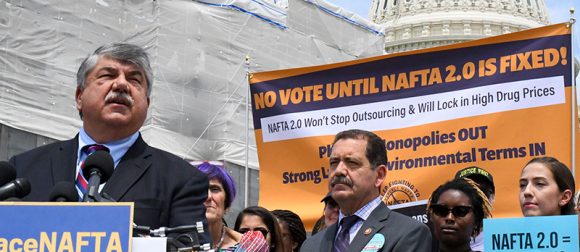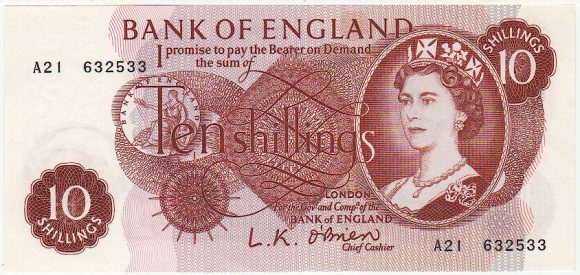
Now that the governments of the world are woken up to the emergency at hand and finally telling their citizens to stay home, it’s time to focus on how to ensure those citizens stay fed for the coming months. So far, the plans out of Washington DC are not the right answer. Paid sick leave, yes. Payroll taxes and airline bailouts, no. Payroll taxes only work if there are payrolls being paid...


















